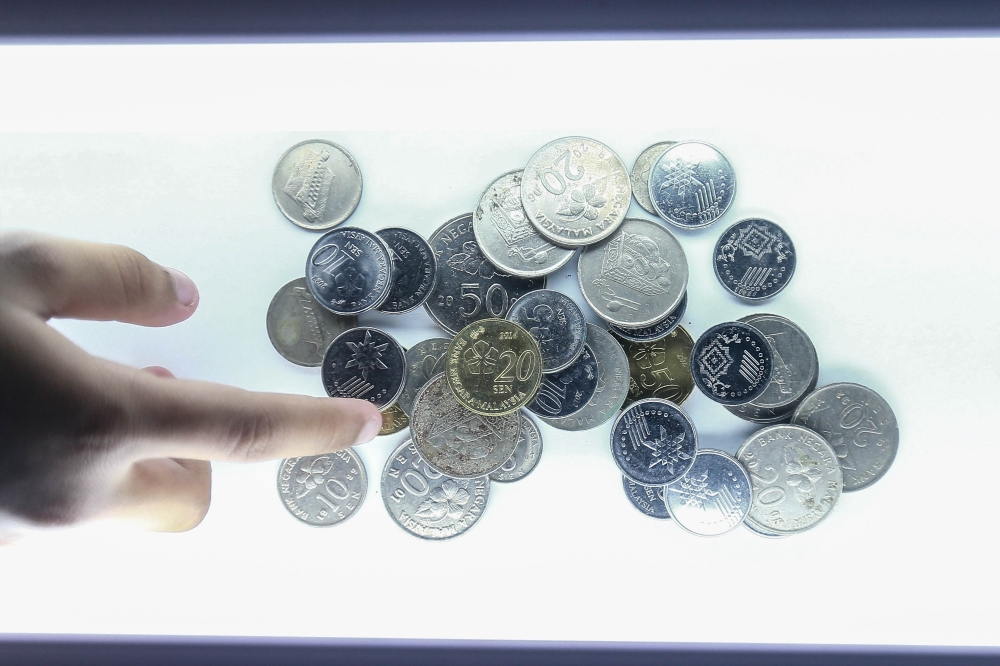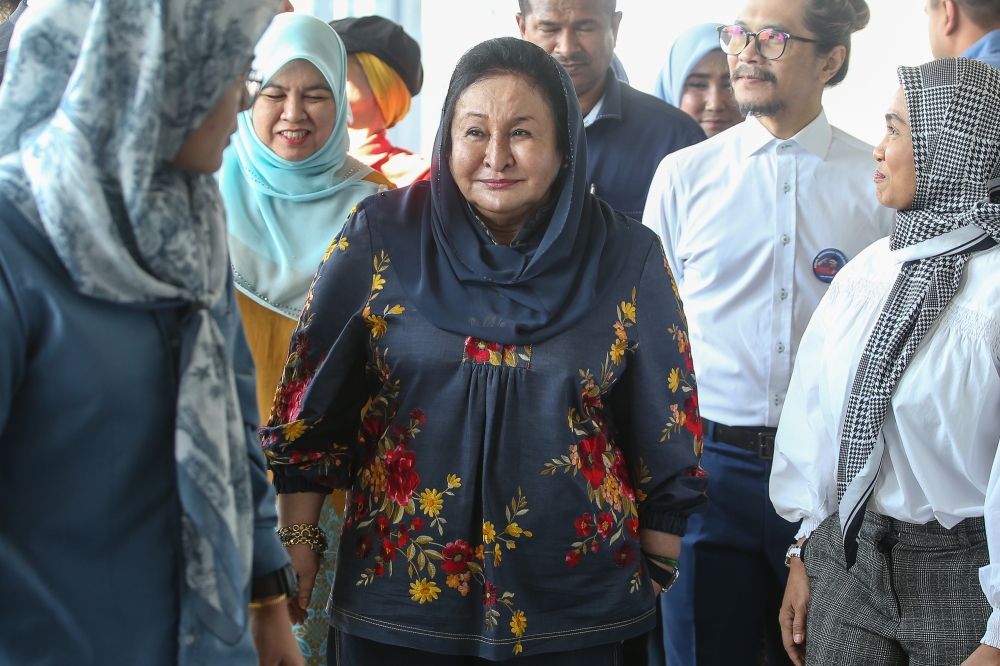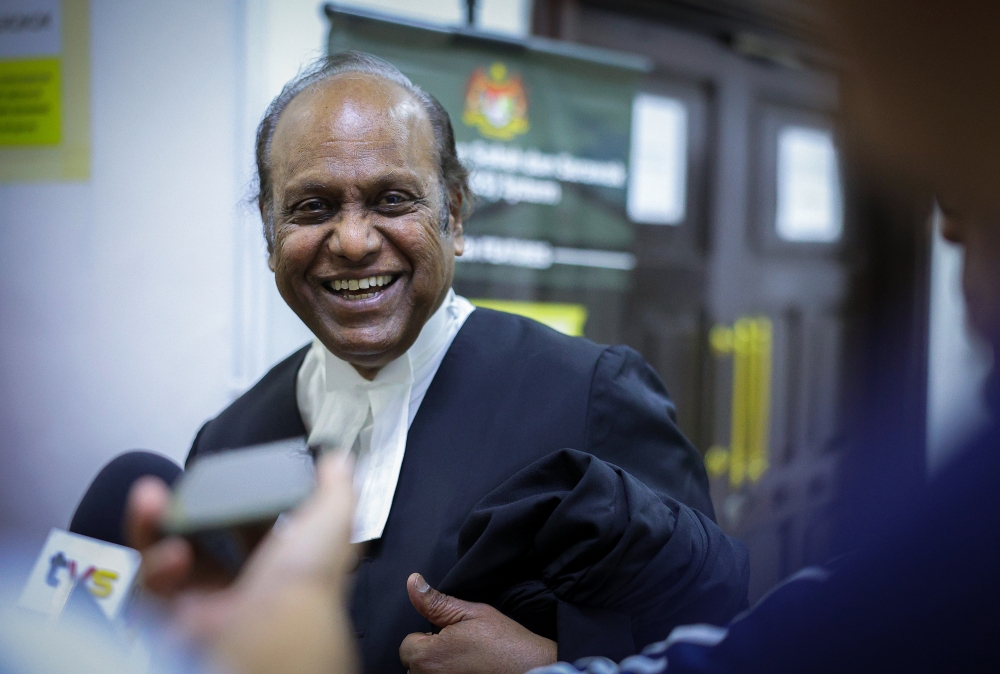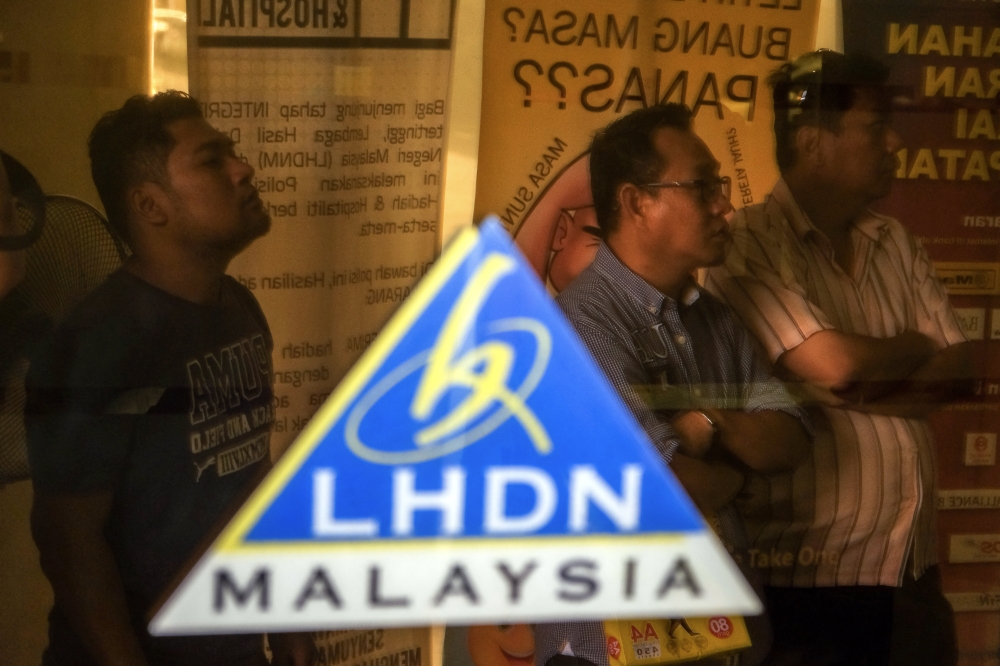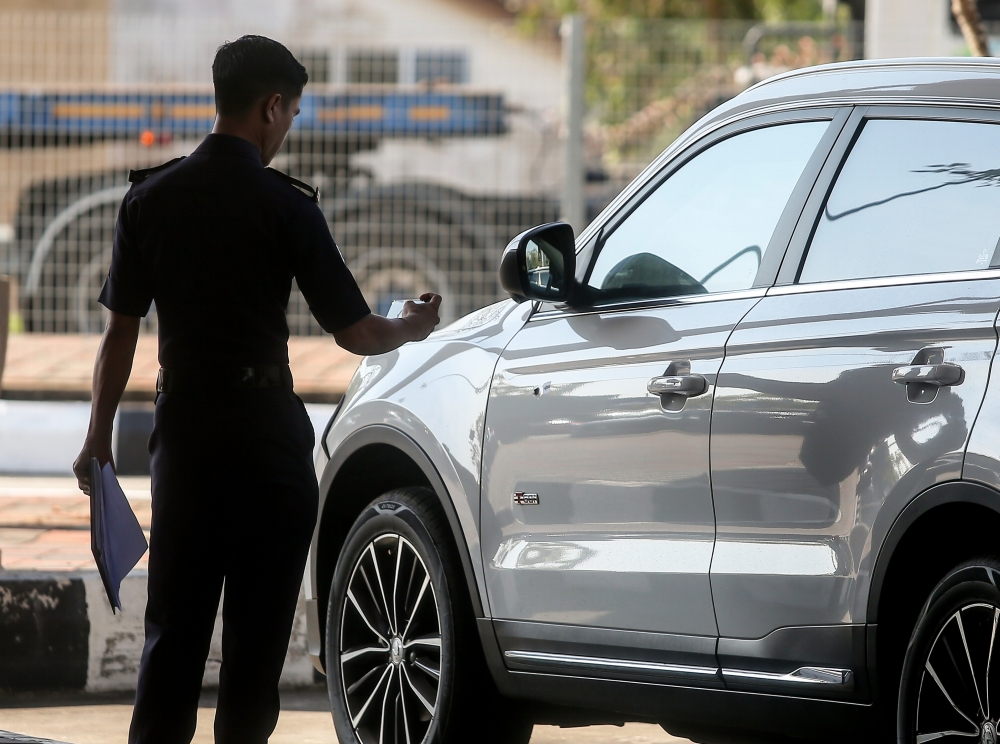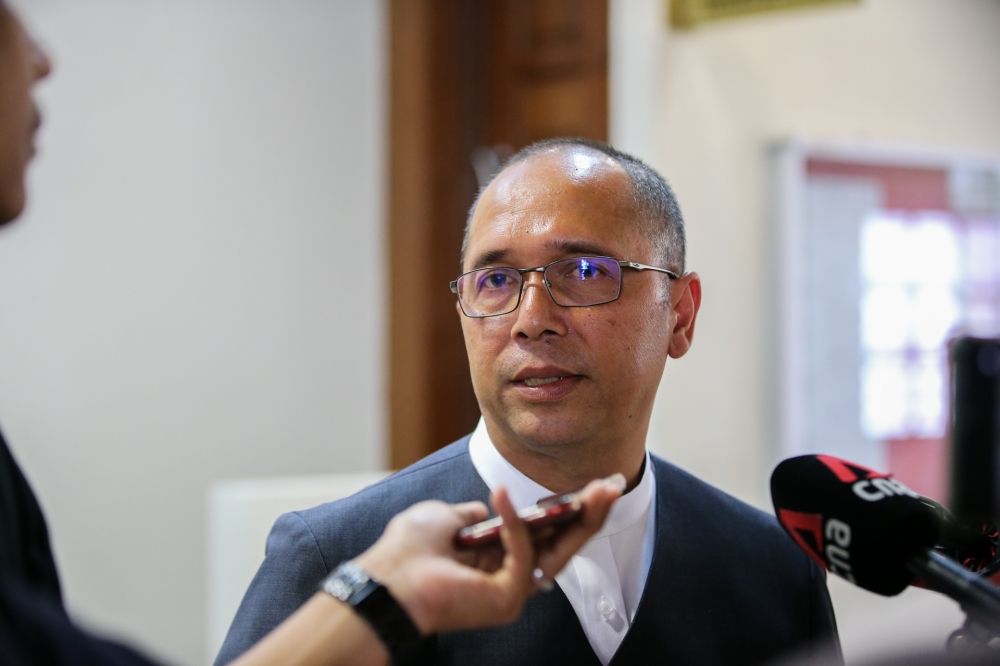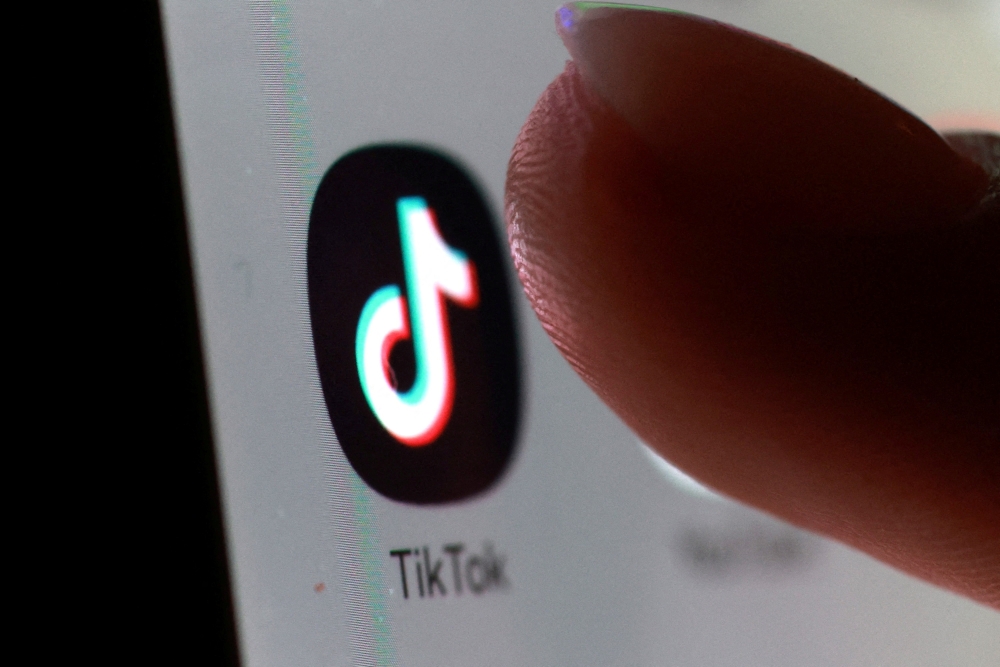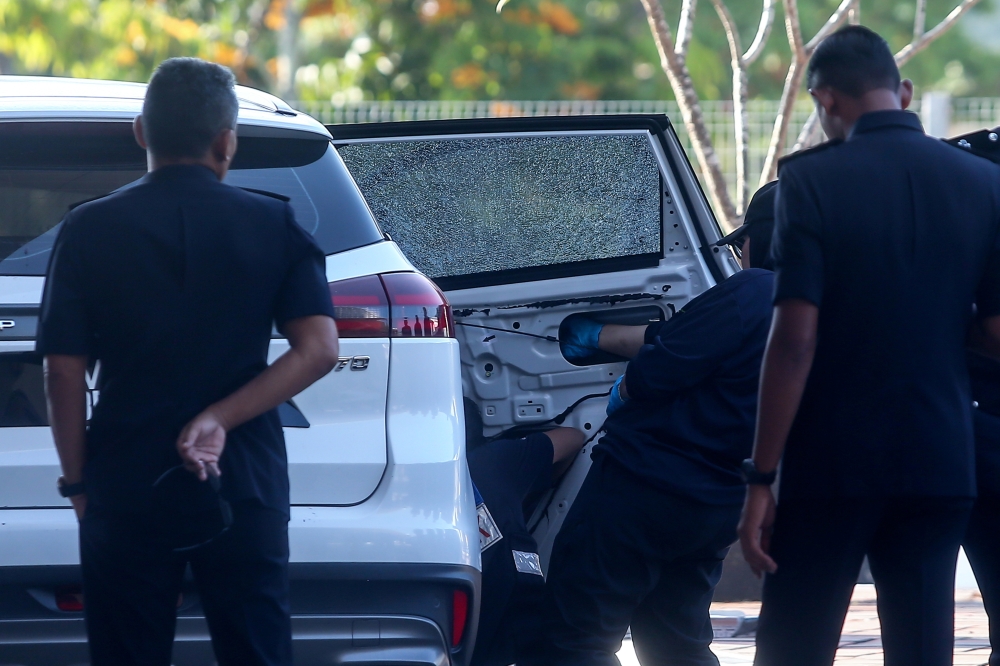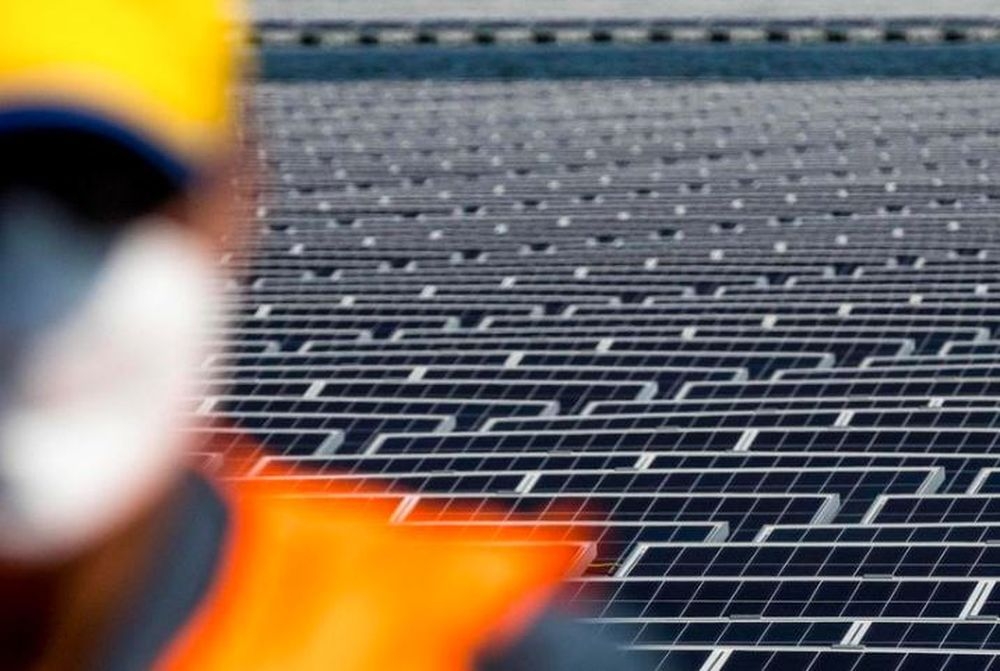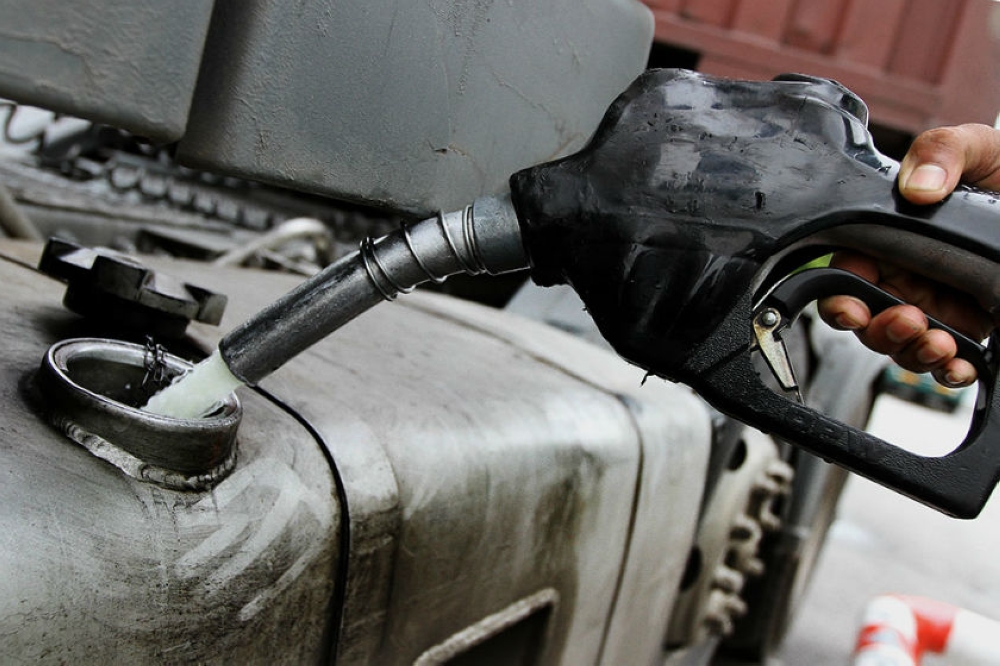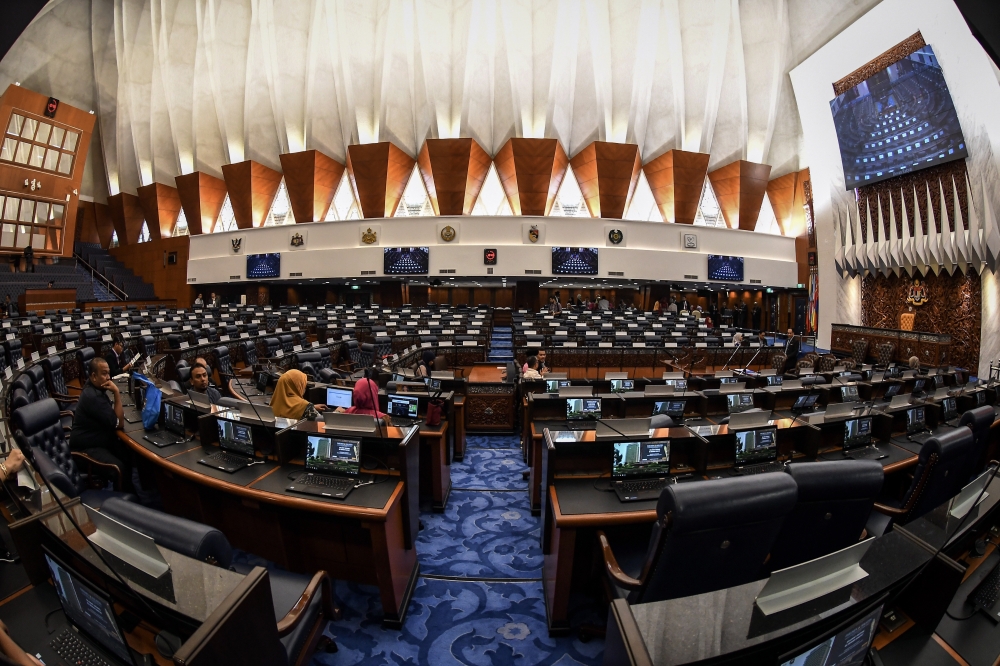KUALA LUMPUR, Jan 12 ― While renewable energy (RE) is widely touted as the future of energy to reduce greenhouse gas (GHG) emissions into the atmosphere, nuclear power is increasingly being discussed as a necessary part of the energy mix.
As the world pushes towards net-zero emissions by 2050, nuclear power has been described by scientists globally as the way to bridge the energy gap as it is not only clean but also considered reliable as it addresses the intermittent nature of renewables like wind, hydro and solar power.
(Net-zero emissions or net zero refers to achieving a balance between the carbon emitted into the atmosphere and the carbon removed from it.)
Furthermore, it also operates emission-free, mitigating emissions of carbon dioxide (CO2) and harmful air pollutants. Nuclear energy is also deemed pivotal to the global clean and sustainable energy transition, which is the key to achieving net-zero emissions.
At the recently concluded 28th Conference of the Parties of the United Nations Framework Convention on Climate Change (COP28) in Dubai, United Arab Emirates, the UAE consensus reflected a clear commitment to triple RE and double energy efficiency by 2030, aiming to achieve net-zero GHG emissions by 2050 and keep the increase in global average temperature below 1.5 degrees Celsius above pre-industrial levels.
As pointed out by Malaysian innovation and nuclear advocate Sheriffah Noor Khamseah Al-Idid Syed Ahmad Idid, the International Energy Agency (IEA) has reported that energy accounts for three-quarters of GHG emissions globally.
Thus, the energy sector holds the key to decarbonising the global economy and supporting its transition to a green economy, she told Bernama recently.
“Shifting from fossil fuels to low-carbon energy systems is at the heart of a green economy and energy transition,” she said, stressing that as a pathway to reach net-zero goals, nuclear power is part of strategic global solutions that are increasingly relevant today.
Malaysia's nuclear evolution
In Malaysia, the government aims to achieve 70 per cent RE installed capacity by 2050 through the National Energy Transition Roadmap (NETR) launched in August 2023.
Currently, Malaysia's energy sources are predominantly fossil fuels, with coal and natural gas contributing to over 80 per cent of local electricity generation. Malaysia has vast potential for renewable energy, particularly from solar and other sources.
Scientists, however, have emphasised that nuclear energy is among the best options to consider when substituting fossil fuels. According to the experts, besides being similarly rich in energy, it also complements other RE sources.
Former special advisor to the director-general of the International Atomic Energy Agency (IAEA) and director of Nuclear Security at IAEA Raja Datuk Dr Abdul Aziz Raja Adnan said RE such as solar power still has limitations when used to generate base-load electric power.
He said nuclear energy could support RE to make it work and to ensure energy security.
Speaking during the ‘Ruang Bicara’ programme aired by Bernama TV recently, he said in order to support the country's electricity requirements, “we need a stable low-carbon source like nuclear to complement RE. In the meantime, our local grid cannot support large-scale RE inclusion without massive grid upgrading.
“Because of this limitation, if solar panels are installed in houses to cater to the energy needs of domestic users, we will still need the supply from Tenaga Nasional Bhd’s grid to ensure non-interrupted supply.”
He said since 2009, Malaysia had implemented a number of important preparatory steps to pave the way for the implementation of a nuclear energy development programme, including establishing the Nuclear Power Corporation of Malaysia as the nation’s first Nuclear Energy Programme Implementing Organisation.
“The history of nuclear energy in Malaysia began during the time of former deputy prime minister Tun Dr Ismail Abdul Rahman, with the establishment of the Tun Ismail Atomic Research Centre for the development of nuclear technology in 1972.
“We were actually ready to seriously consider developing nuclear energy but during the era of oil and gas and the establishment of Petronas, this (nuclear energy) no longer seemed viable.
“But now we know that fossil fuels cause climate change and also affect human health, so we need to move away from high carbon sources and choose renewable energy and nuclear as low-carbon sources in power generation,” he said.
Need for nuclear energy
Radiation protection consultancy Alypz Sdn Bhd managing director Jailani Mustafa urged the government to reconsider nuclear power as the solution to Malaysia's energy needs as well as its quest to achieve net zero by 2050.
He said the National Energy Policy 2022-2040, which suggests using more natural gas to replace coal in reducing fossil fuel dependence, may not succeed easily as the country's gas resources are depleting.
“RE proponents including the government see RE as the solution. However, it is a daunting task because RE sources may be beyond the capability of existing grid infrastructure... it will cost around RM180 billion to make improvements,” he said.
Jailani said Malaysia's landscape presents a challenge for large-scale RE projects, especially large solar farms which require vast land areas.
“Solar panels, for example, require a land area as large as Perlis to generate one gigawatt of energy,” he said, adding that experts believe RE can meet only 30 percent of Malaysia's energy needs, so the next logical solution for this country has to be nuclear power.
He said nuclear technology has evolved significantly with the emergence of small modular reactors (SMRs), which require significantly less land compared with traditional nuclear plants.
“SMRs are built for modularity. These reactors can be prefabricated at a central facility and transported or assembled on-site, thus streamlining construction and potentially reducing costs.
“Safety features are a key feature of SMRs. Most often, they employ passive safety systems that rely on natural phenomena such as gravity and convection, rather than active components that need power or manual control.
“Collectively, these developments make a strong case for revisiting and potentially integrating nuclear energy into NETR,” he said.
Public perception
The prospect of implementing nuclear energy in Malaysia has generally drawn opposition from the public as people have safety concerns and are still haunted by the dark history of Hiroshima, Japan, that was destroyed by an atomic bomb in 1945 during World War 2; the accident at the Chernobyl Nuclear Power Plant in Russia in 1984; and the flooding of the reactors at the Fukushima nuclear power plant in Japan in 2011, following a tsunami triggered by a 9.0-magnitude quake.
Jailani said the 2024 Budget and the NETR notably omitted references to nuclear power, which could be due to apprehensions about public opinion.
“Apprehension about nuclear energy is often based on safety concerns, nuclear waste management and concerns about nuclear proliferation.
“Events like the Fukushima disaster often exacerbate these concerns. Nevertheless, such incidents, when analysed, are often attributed to infrastructural deficiencies rather than inherent flaws in nuclear technology,” he said.
He said a lack of informed understanding and knowledge often drives opposition to nuclear energy. This can be overcome by engaging in open, well-informed discussions and public debates.
“A unified, bipartisan approach is necessary to adopt nuclear power, garnering support from all political factions,” he added.
In September 2018, the then prime minister Tun Dr Mahathir Mohamad told the 22nd Conference of the Electric Power Supply Industry that Malaysia rejected the use of nuclear power to generate electricity and that more understanding of the power source is needed.
However, during the launch of NETR in August 2023, Minister of Economy Rafizi Ramli said Malaysia is not ruling out nuclear power generation but needs to make further consideration before integrating it into the country's energy mix.
Echoing Rafizi's sentiment, Natural Resources and Environmental Sustainability Minister Nik Nazmi Nik Ahmad said the government is considering nuclear in its energy mix following its zero-carbon emission policy.
Commenting on the ministers’ remarks, Sheriffah Noor Khamseah said it is imperative for the government to collaborate with other stakeholders to reach out to the Malaysian public to increase their awareness of nuclear energy.
“The recent COP28 in Dubai heralded a key turning point for nuclear energy as evidenced by several important events organised, including the statement by IAEA director-general Rafael Grossi who underscored the need for nuclear energy to reach net zero goals.
“This was supported by the declaration by 22 world leaders on the need to triple installed nuclear capacity by 2050 to reach net zero goals.
“Malaysia participated in COP28 too and I am confident its leaders and delegation would bring these statements back to Malaysia for the government to make strategic decisions for the benefit of the people,” she added. ― Bernama

